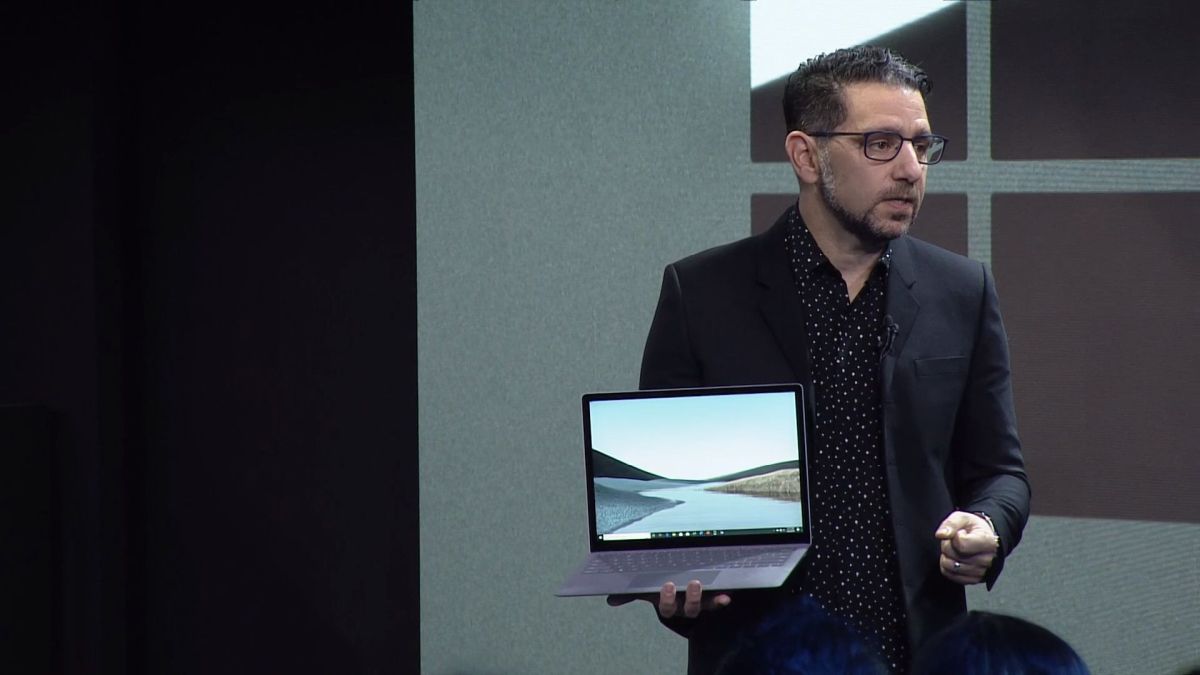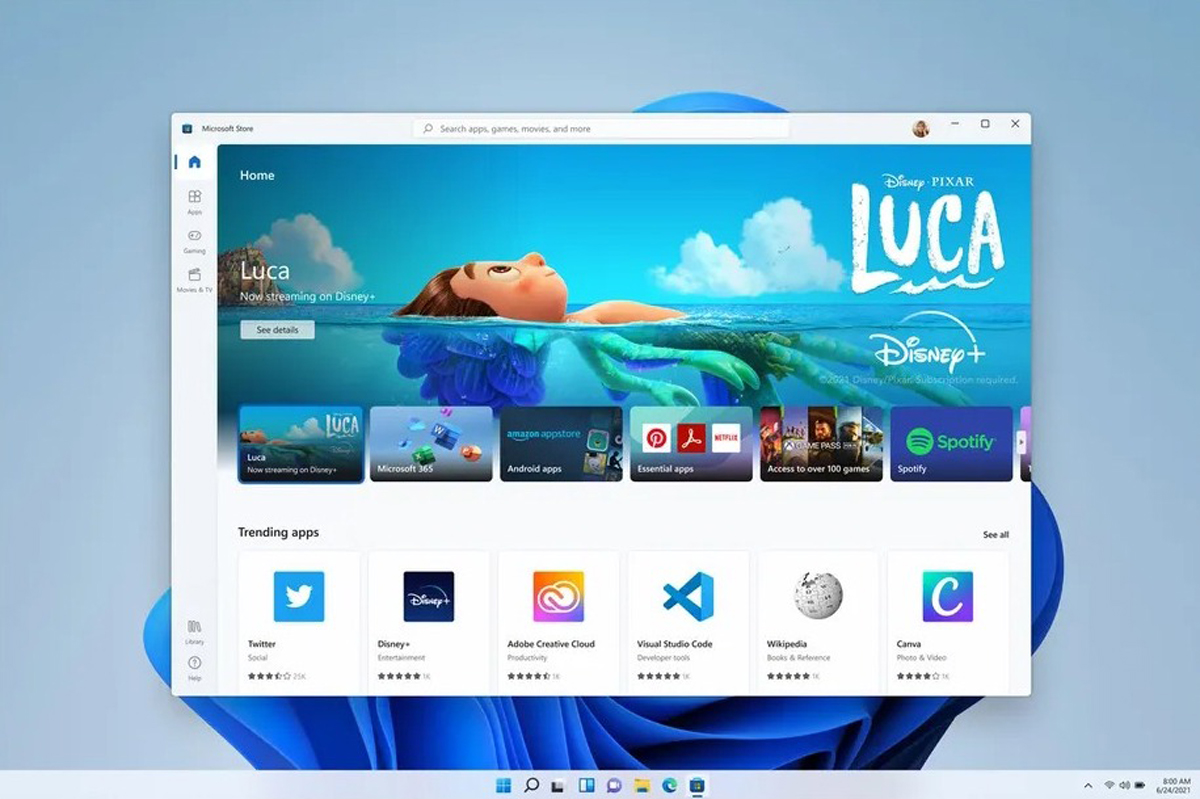In an interview with The Verge, Microsoft chief product officer Panos Panay explained that he envisioned the first-party app store to be a universal location where users can easily find Windows-based apps regardless of rival stores. In a simpler way of explaining this, picture the Microsoft Store as a mall and the various third-party storefronts as the shops within its directory. This would certainly be an added convenience for a lot of users, as it could potentially eliminate the certain steps such as navigating through an app’s website in order to download it – especially for instances such as after a fresh Windows installation. “Windows already in many ways hosts those stores, and if we can host it through the Microsoft Store then of course,” he said during the interview. “For sure, it means as others want to come to the Store, they’re very welcome. As a matter of fact, encouraged, and that’s kind of why we’re building out some of these policies.” Or perhaps it could follow a similar approach that Valve has integrated on Steam. For quite some time now, the platform has been hosting games from publishers who also have their own digital storefronts such as EA, Epic and Ubisoft. While these games can be purchased and installed through Steam, users are still required to download and install separate launchers such as Origin, UPlay and so on in order to play them. In Microsoft Store’s case, it is quite likely that users will still be required to have Steam, as well as the other aforementioned launchers installed on their system. While Panay is optimistic of seeing third party distributors to be onboard with the concept, video game publishers and developers may not share the same sentiment. This is due to another announcement made by Microsoft during the unveiling of Windows 11, where it promises 100% earned revenue from apps sold via its store – with the exception of games. The tech giant added that it would still get 12% earnings from each game sold starting 1 August 2021, which is a reduction from its older policy where it charged 30% prior to this. None of these digital distributors have issued a comment in regards to this subject at this time. Windows 11 would only arrive towards the end of the year, so there’s still some time to see if third-party video game digital storefronts or developers are actually interested to be featured in Microsoft’s updated app store on its next-gen operating system. (Source: The Verge [1] [2])

